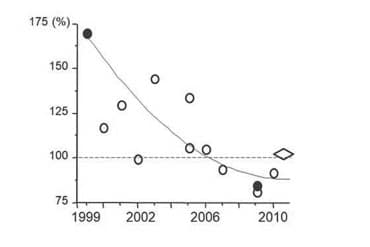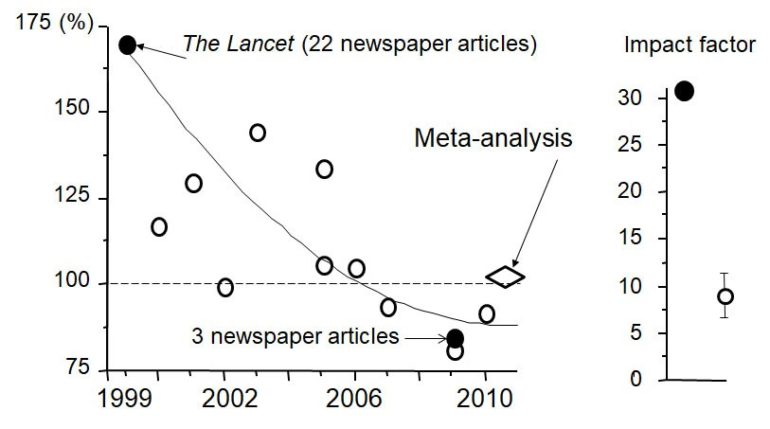
Estelle Mallet-Dumas and François Gonon in Harvard Review of Psychiatry
On October 31, 2019, two psychiatrists from Harvard University wrote in the New England Journal of Medicine : “Ironically, although these limitations (of “biologic treatments”) are widely recognized by experts in the field, the prevailing message to the public and the rest of medicine remains that the solution to psychological problems involves matching the “right” diagnosis with the “right” medication. Consequently, psychiatric diagnoses and medications proliferate under the banner of scientific medicine, though there is no comprehensive biologic understanding of either the causes or the treatments of psychiatric disorders.”
Like other leaders in the field, Gardner and Kleinman admitted that the neurobiological analysis of psychiatric disorders has not yet been translated into improved clinical care. Moreover, they acknowledged, for the first time in a prestigious biomedical journal, that psychiatrists deliver another message to their non-psychiatric peers in medicine and to laypeople. Our team is working for ten years on the covering of biological psychiatry by mass media. Garner’s and Kleinman’ opinion letter prompted us to publish the present perspective article. We review the academic literature describing the misrepresentations of biological psychiatry, their sources, diffusion through mass media, possible causes and social consequences.

Estelle Dumas-Mallet, François Gonon
Team : Physiologie et physiopathologie des fonctions executives
IMN
Article
Dumas-Mallet, Estelle ; Gonon, Francois
Last update 17/11/20
